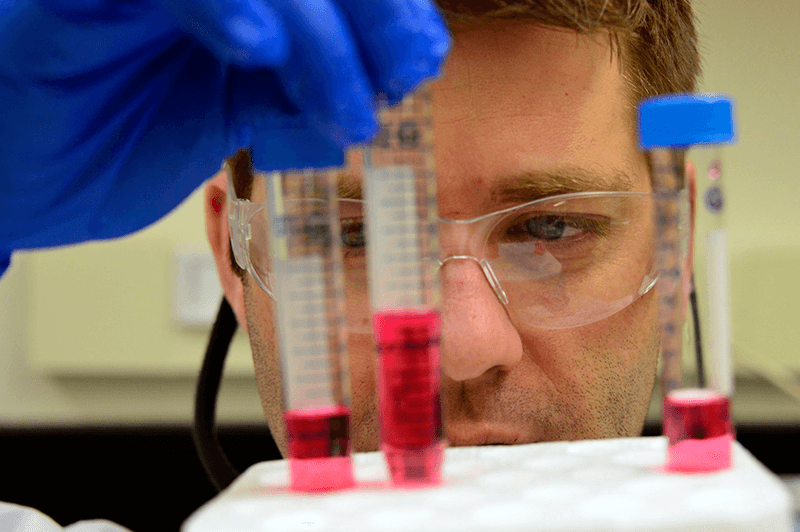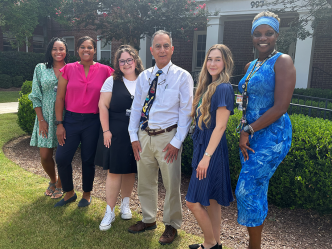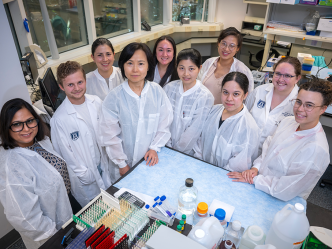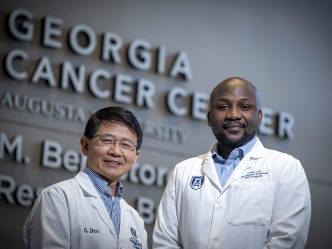More than half of the second-year class at the Medical College of Georgia at Augusta University spent their only free summer during medical school doing research, both on and off campus.
One hundred twenty participants from MCG’s home base in Augusta will present their projects at the 8th annual Medical Scholars Research Day on Monday, Sept. 26, in the J. Harold Harrison, M.D. Education Commons. Twenty-six students from the Augusta University/University of Georgia Medical Partnership will present their research from 5-7 p.m. the same day on the second floor of Russell Hall at the UGA Health Sciences Campus.
The Augusta program begins at noon with lunch and a keynote address from Dr. Michael Saag, associate dean for global health, director of the University of Alabama Center for AIDS Research, Jim Straley Chair in AIDS Research and professor in the Department of Medicine’s Division of Infectious Disease at the University of Alabama School of Medicine. Saag will speak about “Translational Medicine: HIV as a Great Example.” Student poster presentations will follow until 2:30 p.m.
Saag, who is the founding director of the UAB HIV outpatient clinic, which is dedicated to providing comprehensive patient care in conjunction with basic science and clinical outcomes research, will provide a real-life perspective on working in academic medicine, according to Dr. Stan Nahman, an MCG nephrologist who also serves as associate chair of the Department of Medicine’s Translational Research Program. “Recruiting to academic medicine is challenging,” he says. “We want students to see that you can do both – medicine and research. We want to plant that seed very early and hope that programs like these, speakers like these, provide an eye-opening experience.”
Programs like MCG’s Medical Scholars are important, he adds, because they help broaden medical students’ educational experience.
At MCG, 60 percent of students participate in research over their academic careers.
“My experience with the Medical Scholars Program was, and still is, overwhelmingly positive,” says third-year student Stas Bushik. “I was always interested in doing research as a medical student, and participating in the program was an ideal way for me to accomplish that. I believe that being involved in research early in my career is crucial because medicine is constantly evolving. Participating in a research project early on has taught me to think ahead and think critically about medicine. I learned how to be an active member of a medical and academic team, which is something that cannot be read in a textbook.”
“These programs also wouldn’t be possible without the support of our dean,” Nahman adds. “And without the support of mentors across campus, we simply couldn’t do this.”
 Augusta University
Augusta University




